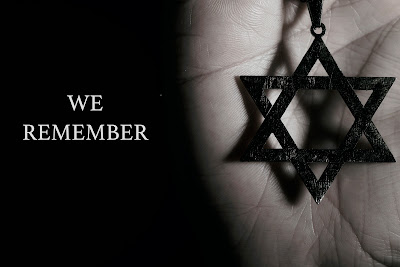
On January 27, the world commemorates the anniversary of the liberation of Auschwitz-Birkenau as International Holocaust Remembrance Day.
The Holocaust was the state-sponsored persecution and mass murder of millions of European Jews, Romani people, intellectually disabled, political dissidents, and homosexuals by the German Nazi regime between 1933 and 1945.
More than 11 million people, including six million Jews, perished at the hands of the Nazis. German Dictator Adolf Hitler’s “final solution,” or Holocaust, was carried out during World War II through mass killing centers known as concentration camps. Hitler was obsessed with the idea of the superiority of the “pure” German race. He became Germany’s supreme ruler in 1934 and began pushing forward with his twin goals of racial purity and territorial expansion.
The Nazis systematically murdered Jewish people in gas chambers, by mass shootings, and through depriving them access to adequate food, shelter, and medical care.
As World War II wound down and it became clear that Germany was losing the war, the Nazis attempted to destroy evidence of the mass killings and concentration camps. But the crimes were so extensive and destructive that not everything could be covered up or destroyed. The Nuremberg Trials of 1945-46 brough the Nazi atrocities to light. Survivors of the Holocaust came forward with eyewitness accounts and proof of the mass atrocities. Survivors also spearheaded the creation of archives, memorials, and museums.
The Illinois Holocaust Museum and Education Center is dedicated to preserving the legacy of the Holocaust. The museum honors the memories of those who were lost and those who survived by teaching universal lessons that combat hatred, prejudice, and indifference. Every survivor of the Holocaust has a unique story. Visitors to the Museum Center website can read about the stories from over 50 survivors of the Holocaust from the Chicagoland area.
A sampling of survivors quotes regarding the lessons to be learned from the Holocaust and why we must never forget what happened:
- Ben Goldwater: “I think people should learn what occurred so that history doesn’t repeat itself. And I think that’s the most important part of what we, the survivors, tell our audiences.”
- Judy Kolb: “This is an important place and an important story, a horrendous story that needs to be constantly told so people will not forget about it.”
- Aaron Elster: “We, as survivors, have made this our mission to stand and speak out as loudly as our voices will carry and to those that will listen, that the atrocities committed against us and our families must never recur to any people.”
